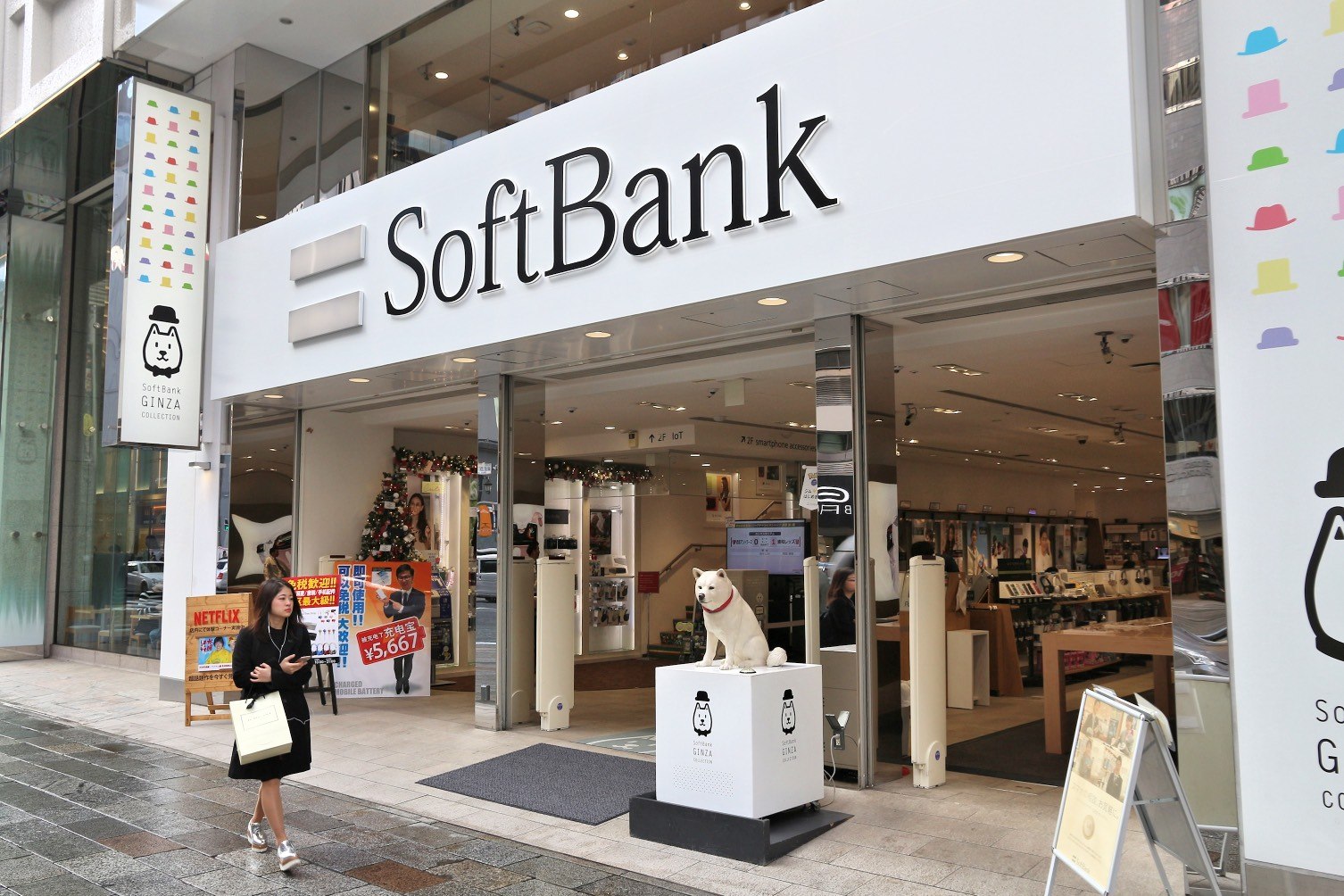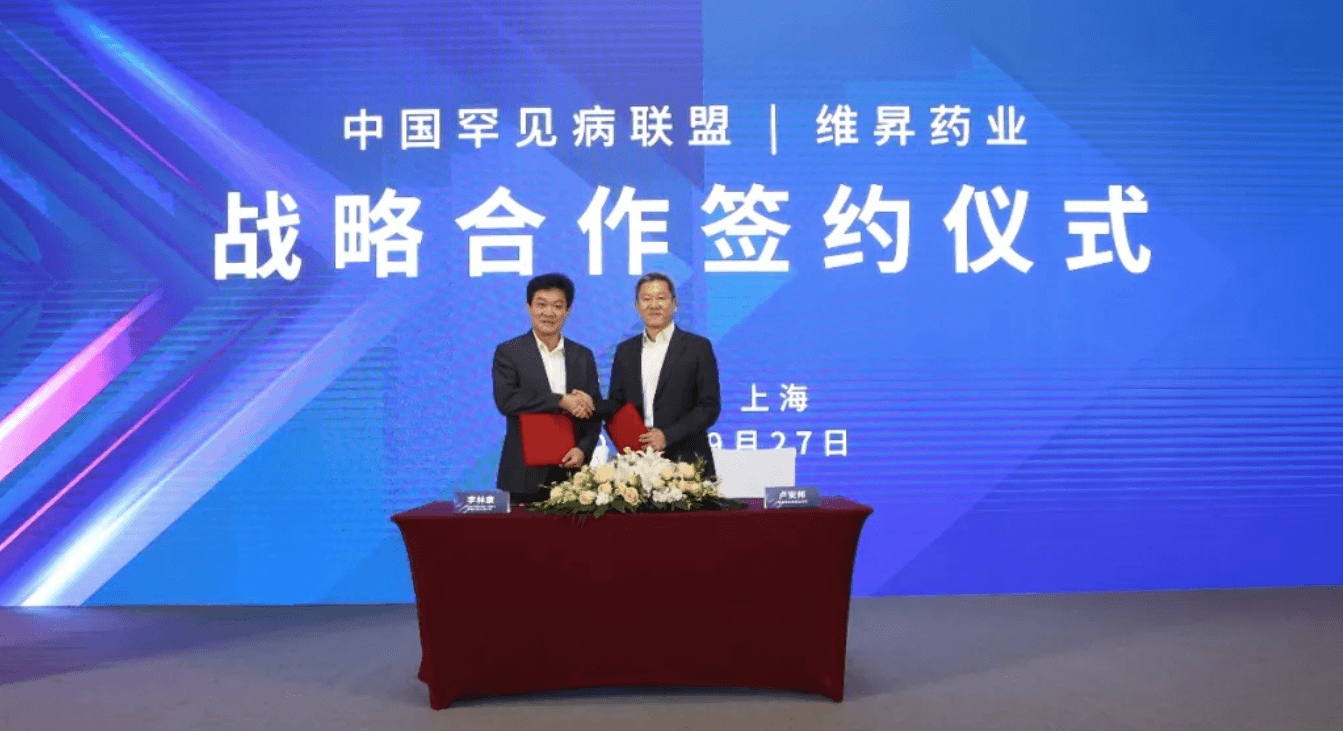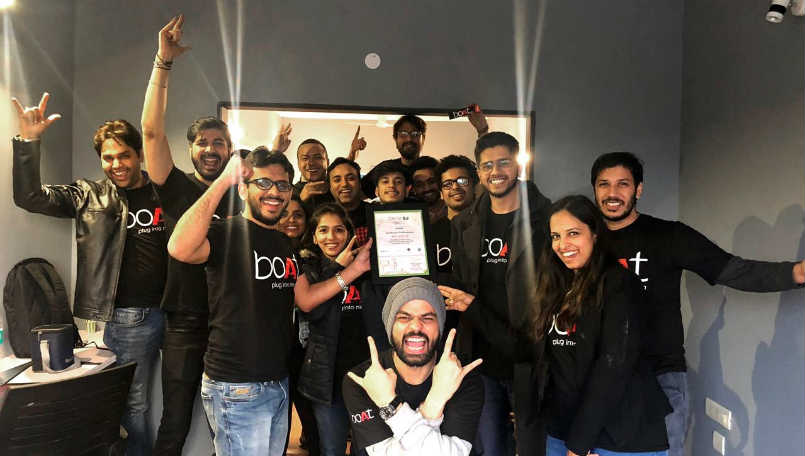More than half of Asia’s fundraising went to China last month
Every day, 100k+ smart people read our newsletter. You can sign up here.![]()
Hello readers,
Have you and your friends ever met up to commiserate about being down on your luck, but there’s just that one friend whose week is going pretty well?
China is that friend. While August saw a significant drop in funding amounts and number of deals in Asia compared to July and the same time last year, China scooped up over half of the total fundraising amount, with major investments going into some late-stage deals.
Scroll down for a quick summary of our August investment report for more details or read the full report here.
Your quick bytes for today:
1️⃣ Singapore’s Thunes nets funding for global expansion
Thunes, a Singapore-based fintech startup, announced that it has raised US$60 million in a series B funding round led by Africa-focused investment firm Helios Investment Partners.
2️⃣ US businesses in China don’t want to go home
President Donald Trump has urged US companies to leave China and return home, threatening tariffs on firms that refuse to comply. But a recent survey of US businesses in the country shows that most aren’t interested in taking him up on the offer. Only about 4% of the more than 200 manufacturers surveyed said they would shift any production to the US. More than 75% said they don’t intend to move production out of China, while 14% said they would shift some operations to other countries, and 7% planned on relocating domestically and overseas.
3️⃣ Reliance Jio plans to roll out 100 million low-cost phones by December
Reliance Jio is looking at a plan to outsource and manufacture over 100 million low-cost smartphones to be built on the Google Android platform. These phones, which will be bundled with data packs, could be launched in December or early next year. According to some leading vendors, the company has held talks with them to manufacture the phones in India.
4️⃣ PUBG is on the lookout for an Indian partner
The parent company of mobile game PlayerUnknown’s Battlegrounds (PUBG) is looking to partner with an Indian gaming firm in an attempt to resurrect its fortunes in its biggest market. This follows the recent news that PUBG Corp. severed ties with Chinese gaming giant Tencent Games in India after PUBG was banned by the government. A person aware of the negotiations said a new licensing agreement is in the works with an Indian gaming firm to pass on the rights to run PUBG Mobile in India.
5️⃣ Japanese companies in China head home to apply for government subsidies
The Japanese government has seen an overwhelming surge of interest in subsidies to bring manufacturing back as the pandemic highlights the risk of concentrating supply chains in a single region, particularly in China. The program to promote domestic manufacturing had 220 billion yen (US$2.07 billion) earmarked in the supplementary fiscal 2020 budget. In the first round, which ended in June, the government approved 57 projects – over half of the 90 applications – totaling 57.4 billion yen (US$540 million). The second round of applications, which closed in July, got a much larger response: 1,670 applications worth about 1.76 trillion yen (US$16.56 billion) – 11x the remaining amount in the budget. Recipients will be chosen in October after a review by outside experts.
6️⃣ Ele.me gives customers the option to wait longer for food deliveries
Chinese food delivery giant Ele.me said on Tuesday that it’s looking to launch a function that allows customers to indicate whether they are willing to wait up to 10 minutes longer for their deliveries in response to public backlash over the treatment of couriers. The move comes after an investigative story by Chinese magazine Renwu went viral on Monday. According to the report, many riders risk their lives to meet deadlines even under extreme weather conditions, and platforms like Ele.me and Meituan use algorithms to reduce waiting times for customers without considering the safety of couriers.
Chinese startups rake in the dough

In August 2020, more than 400 deals were made in Asia, totaling over US$5 billion, a 22% decrease from the same period last year. But while the overall number took a dip, Chinese startups saw some big deals take place.
- Scoring the majority: More than half of the total amount of Asian fundraising last month went to China (52%), followed by India (19%), Korea (11%), and Japan (8%).
- Late-stage investments went big: Some of the largest deals include Huya.com (livestreaming), which bagged US$810 million from Tencent Investment, as well as series C rounds and strategic investments dominated by Chinese companies such as Yipin Shengxian (food retail), Yidian Zixun (news aggregator), and Xpeng Motors (electric vehicles).
- Funding round breakdown: Seed and series A funding rounds were the top two funding stages by number of deals, while series C and strategic investment rounds bagged the largest amounts in total.
Read more: Late-stage deals in China headline Asian funding in August
Big money in India gets bigger

Reliance Retail, the subsidiary of Indian conglomerate Reliance Industries Limited, announced that it will be receiving US$1 billion from US-based investment firm Silver Lake for a 1.75% equity stake on a fully diluted basis.
- Big deal: The deal values Reliance Retail at US$57 billion pre-money, according to a statement. The cash infusion comes after Silver Lake invested over US$1.3 billion in Reliance Industries’ digital services arm Jio Platforms earlier this year. It’s certainly not alone, with Facebook and Google also pumping billions into the platform this year.
- Big goals: The company aims to provide services to customers in the Indian retail sector by empowering farmers and micro, small, and medium-sized enterprises, as well as working with global and domestic companies as a preferred partner.
- Big backer: With more than US$60 billion in combined assets under management and committed capital, Silver Lake’s portfolio companies include Airbnb, Alibaba, Alphabet’s Verily and Waymo units, Dell Technologies, Twitter, among others. It most recently invested in India’s edtech startup Byju’s, the second-highest valued startup in India.
How can your startup thrive post-Covid-19?
We feel you: This year has thrown many startups and tech companies for a loop…and it’s not even over yet.
But while some companies have shuttered, there are also others which are either thriving or have bounced back.
And these champs can’t wait to share their nuggets of knowledge in the Tech in Asia Conference.
Here’s a quick list of what to expect:
- The co-founder of Byju’s, the edtech empire valued at more than US$10 billion, will share his startup journey as well as the strategic decisions the company has made in 2020.
- Video conferencing platform Zoom had incredible user growth this year. But how is it going to maintain this growth going forward and where will Zoom go next? We have the global chief information officer of Zoom to tell us that.
- The CEO of Indonesian unicorn Ovo will also be speaking about the challenges and pivots the fintech firm has made this year to accommodate the changing market.
You can get all these actionable insights and more at the Tech in Asia Conference. Grab your early bird tickets here today. Or if you’re already a Core or Live subscriber, you can RSVP at no additional charge.
If you want to receive this quick analysis of our most prized content straight in your inbox every day, then make sure you’re subscribed to our newsletter.
Recommended reads
 SoftBank’s Q3 net profit plummets 97%
SoftBank’s Q3 net profit plummets 97% Bukalapak buddies up for Indonesia’s digibank race – The Executive Brief
Bukalapak buddies up for Indonesia’s digibank race – The Executive Brief Sequoia, Tencent join the $190m series C and D rounds of Chinese HR startup
Sequoia, Tencent join the $190m series C and D rounds of Chinese HR startup SoftBank portfolio firms’ IPOs in 2021 to give Son another windfall
SoftBank portfolio firms’ IPOs in 2021 to give Son another windfall Hong Kong healthtech investor Ori Capital hits first close on targeted $400m fund
Hong Kong healthtech investor Ori Capital hits first close on targeted $400m fund Sequoia China leads $150m series B round for Chinese biotech firm Visen
Sequoia China leads $150m series B round for Chinese biotech firm Visen Sequoia-backed Chinese edtech startup bags $100m in Tencent-led round
Sequoia-backed Chinese edtech startup bags $100m in Tencent-led round SoftBank Ventures Asia leads $22m round in Japanese sneaker marketplace Soda
SoftBank Ventures Asia leads $22m round in Japanese sneaker marketplace Soda SoftBank to file first SPAC to raise up to $600m, report says
SoftBank to file first SPAC to raise up to $600m, report says Indian consumer electronics startup nets nearly $60m in series B round
Indian consumer electronics startup nets nearly $60m in series B round
Editing by Jaclyn Teng
(And yes, we’re serious about ethics and transparency. More information here.)









